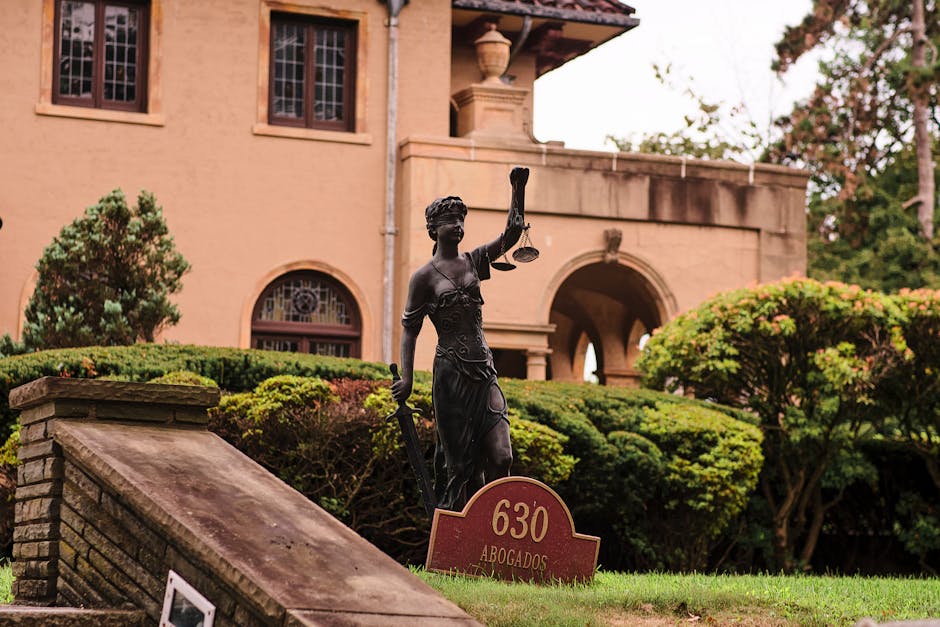In an unexpected twist that reverberated through the corridors of justice and the sports world alike, former Major League Baseball star Yasiel Puig saw a significant legal victory. The U.S. Court of Appeals for the Ninth Circuit overturned a guilty plea agreement with the Department of Justice (DOJ), a move that not only freed Puig from the constraints of his 2022 agreement but also cast a spotlight on the intricate dance between sports betting laws and professional athletes. This case underscores the critical nuances of legal agreements and their profound implications within the sports betting landscape.
The Intricacies of Puig’s Legal Journey
The saga began in earnest in January 2022 when Puig, then 34, found himself in hot water over allegations of engaging in illegal sports betting activities. Despite initially agreeing to a plea deal after being accused of making false statements—a decision made under the pressure of potential felony charges and without proper legal representation—the discovery of new evidence led to a dramatic reversal. This evidence, brought to light by his agent, Lisette Carnet, suggested that the DOJ’s case against Puig might not be as strong as previously thought.
“Central to Puig’s legal victory is the assertion that he was unduly pressured into a guilty plea, a situation compounded by his reliance on a department-provided interpreter due to his Cuban heritage and Spanish-speaking background.”
Dissecting the Ninth Circuit’s Decision
The Ninth Circuit Court’s ruling hinged on a critical piece of legal doctrine: Federal Rule of Evidence 410. This rule essentially protects defendants from having their withdrawn guilty plea discussions used against them, a safeguard that played a pivotal role in Puig’s case. The court found that without an enforceable agreement—validated by court approval—the waiver against Puig could not be activated. This decision not only highlights the importance of procedural safeguards but also emphasizes the nuances of plea agreements under the Federal Rules of Criminal Procedure.
“Legal expert Daniel Collins pointed out the lack of district court approval for Puig’s Type A agreement, rendering its terms unenforceable and leaving Rule 410 as a bulwark against the use of Puig’s gambling activities in the case.”
The Broader Implications for Sports Betting Legalities
- Legal Precedents: Puig’s case sets a significant legal precedent, illustrating the potential for legal outcomes to pivot on procedural technicalities.
- Professional Athletes and Betting Laws: This case sheds light on the complex relationship between professional athletes and the legal boundaries of sports betting, underscoring the need for clear guidelines and protections.
- Responsible Gambling: It also underscores the importance of responsible gambling practices within the sports industry, highlighting the potential legal pitfalls for athletes.
Strategies for Navigating Legal and Ethical Sports Betting
For athletes, agents, and legal professionals navigating the murky waters of sports betting, Puig’s case serves as a cautionary tale. It emphasizes the importance of legal counsel, the potential for legal defenses based on procedural grounds, and the critical need for awareness and adherence to gambling laws. As the landscape of sports betting continues to evolve, staying informed and vigilant remains paramount.
Final Reflection: A Game of Legal Strategy
Yasiel Puig’s legal odyssey through the complexities of sports betting laws and plea agreements offers a compelling narrative about the challenges and opportunities at the intersection of sports, law, and ethics. It serves as a stark reminder of the power of legal strategy and the importance of procedural safeguards in protecting individuals’ rights within the ever-evolving sports betting landscape.










Leave a Reply